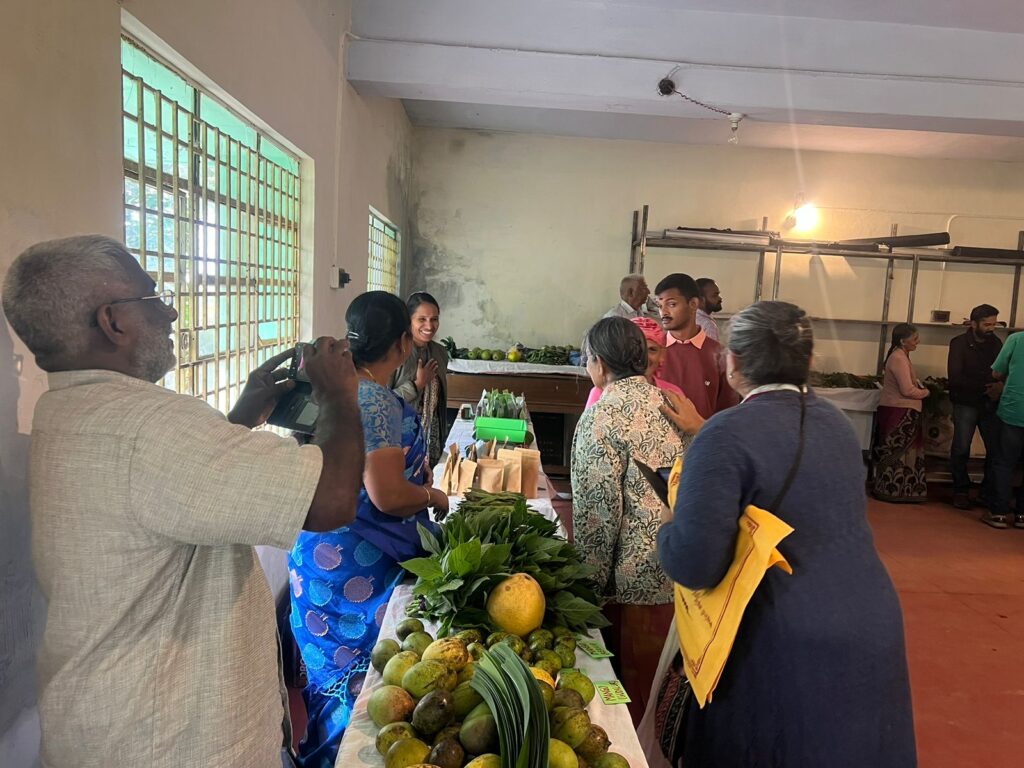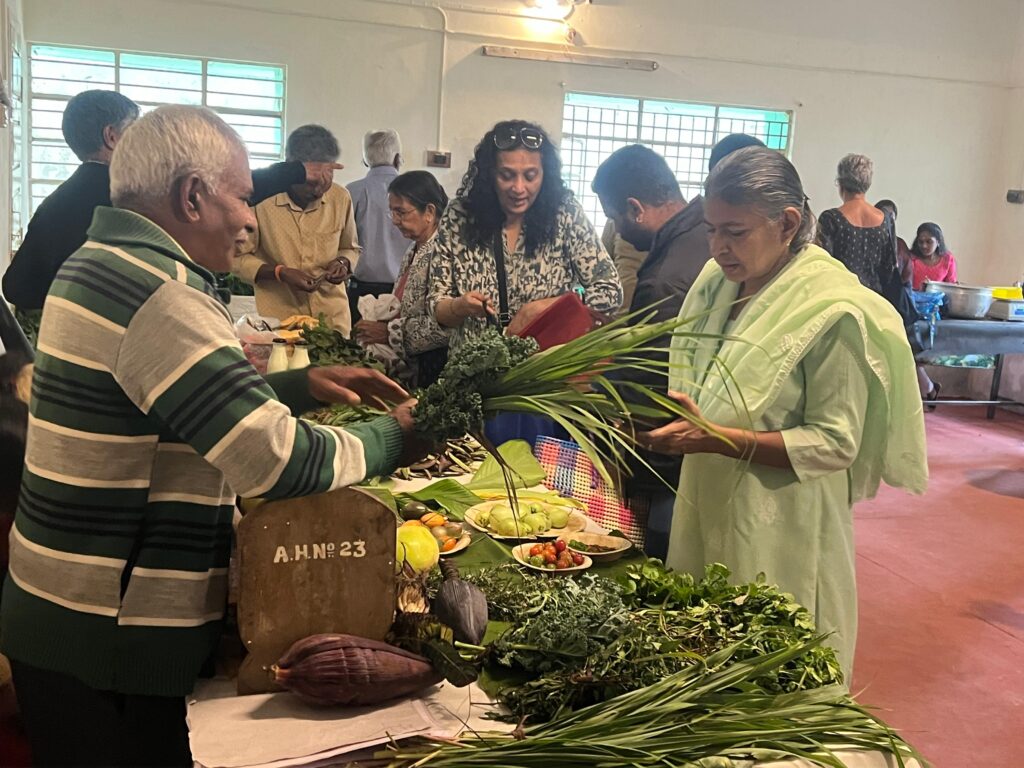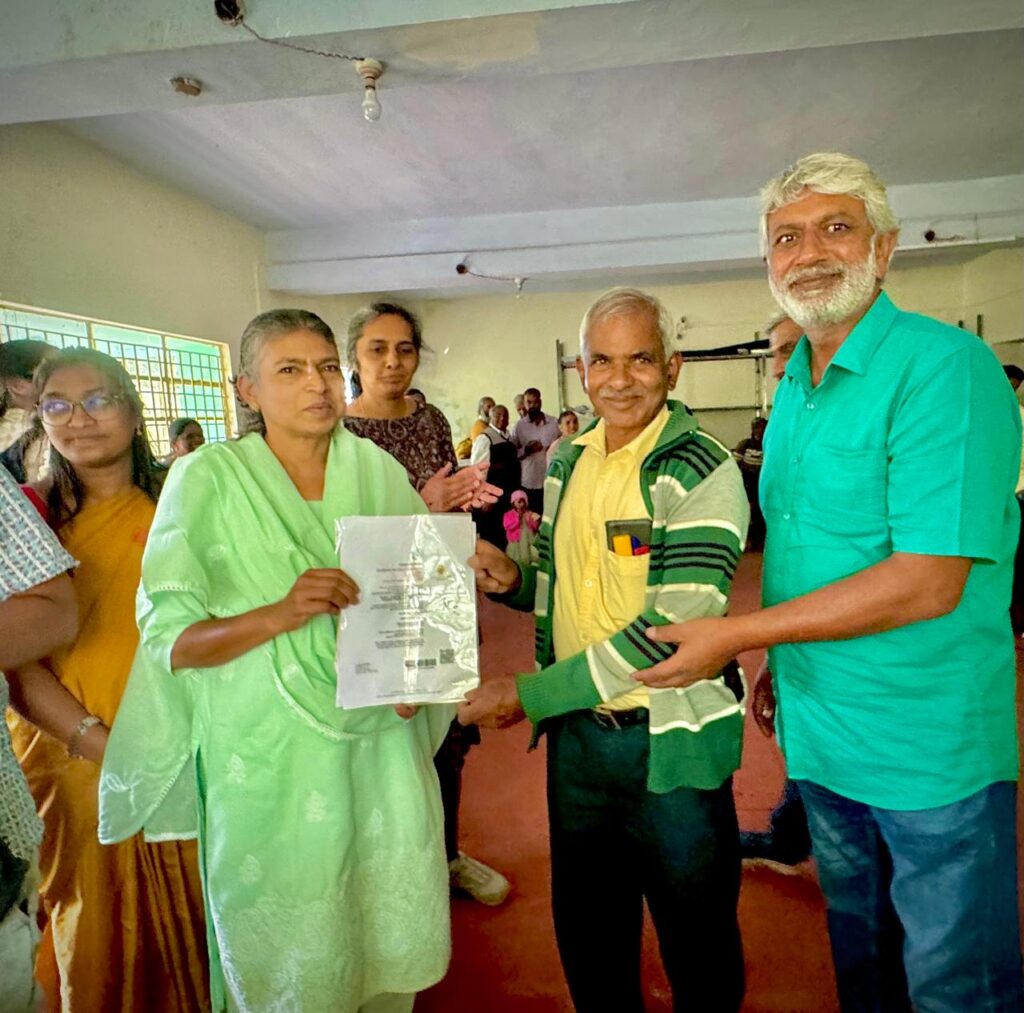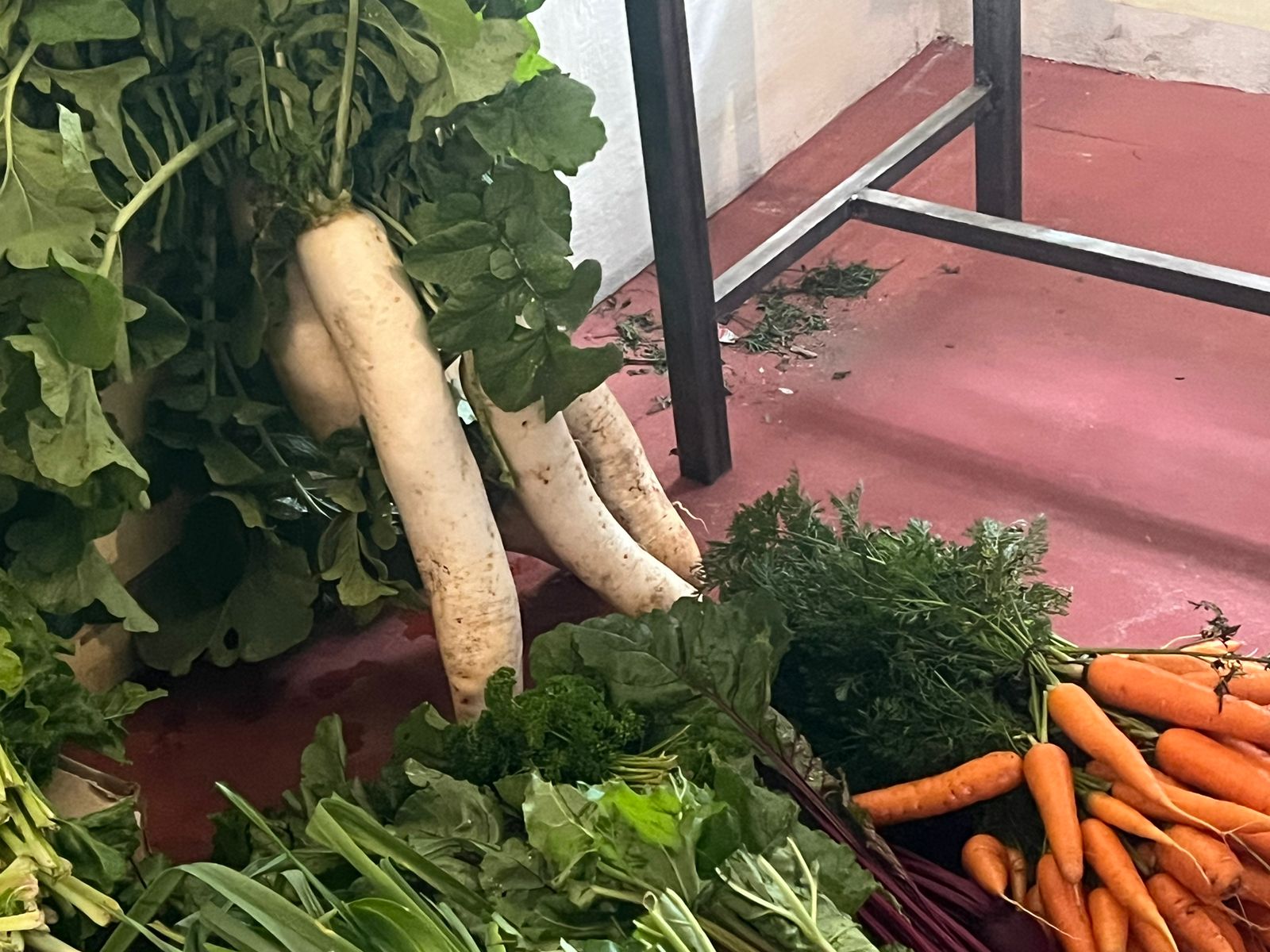


This is no fairy tale but a fact. A fact that is either ignored conveniently as impracticable in today’s world with its ever growing population, or sneered at as an emerging fad.
But we have now come a full circle. Driven by concerns about sustainability and toxin exposure, organic food is presently a growing market segment.
A laudable effort by the Department of Horticulture and Plantation Crops in association with tThe Nilgiris Organic Horticulture Farmers Association (TOHFA) is the facilitation of weekly markets for organic produce of small farmers, first in Ooty and now in Coonoor.
Organic farming’s main efforts lie in building healthier soil and using natural methods to control plants and animals you don’t want. That means, employing compost and green manure to increase fertility, and planting different kinds of crops together to increase the number of pest-consuming insects.
Another question that the sceptics ask is as to where to get all that compost in order to fertilise the acreage needed to feed the ever growing number of hungry mouths.
In response it is quite commendable that the Department of Horticulture is now procuring ‘City Compost,’ in this district for free issue in their Model Organic Villages.
We let tons and tons of food to waste and rot each day. Collected and processed properly, this waste transforms as a valuable alternative for chemical fertilisers.
This organisation is in the process of supplying City Compost to the Model Organic Village of Kinnakorai. It will strive to ensure a continuous flow of this commodity prepared at the municipal waste management facility at Ottupatarai – Coonoor.













